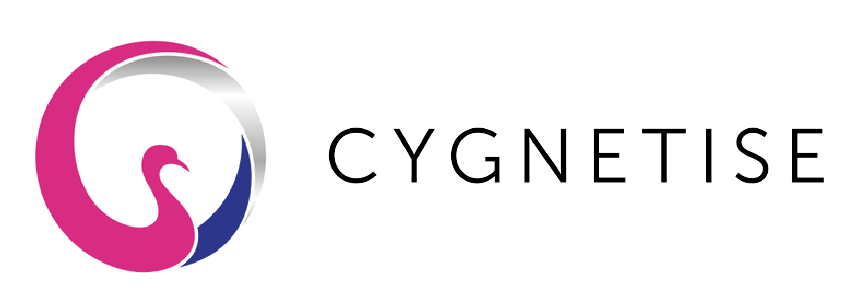Technology and the role of company secretaries: in a chat with Erika Percival
This week we chatted with Erika Percival, Group Company Secretary of Low & Bonar, a FTSE-listed manufacturing company. She’s passionate about all things company secretarial and corporate governance, and she provides support to companies building their internal and external reputation, streamlining decision-making, and avoiding conflicts and wasted time, so that the business can focus on development and growth.
For the past eight years, Erika has been a moderator for the ICSA: The Governance Institute’s professional law exams and she helps the organisation raise the profile of law students and trainee solicitors.
Outside of work, she’s a proud mum of twins, a bookworm and a music lover.
Over recent years, how have changing regulatory environments impacted the work effort required in company secretarial functions (e.g. GDPR)?
The regulatory environment has continued to evolve and it definitely has had an impact on my work. That said, I have found that every company is different in which areas the company secretarial function is required to cover. In recent years, I have found I am working more and more cross-functionally and it has led to more creative outcomes and increased value for the business. Whilst, not all regulatory changes exclusively add to the workload of the company secretarial team, it is vital that company secretaries and governance professionals understand the changes so they can support the board in their decision-making.
How do you think emerging technologies such as AI and blockchain will impact your role (and all of the other governance professionals) in the future?
Whilst these technologies are only emerging in the company secretarial/corporate governance field, they are already a big part of our personal lives; it is the future. Whether we embrace change or not, AI and blockchain will transform the boardroom and the role of the Company Secretary will evolve. For me exciting changes will be:
virtual reality meetings; bringing disparate attendees together in a more engaging interactive way;
simultaneous translation technology; supporting the pursuit of increased diversity; and
speech to text technology which will transform minuting meetings forever.
AI and blockchain will provide great opportunities for company secretaries and governance professionals, who can apply these emerging technologies to enhance risk and control processes.
Do you think that board members fully understand the company secretary's role?
I think board members know about the elements of the company secretary’s role that touch their lives; meetings, governance updates at board meetings, the odd stock exchange announcement but they rarely understand the intricacies of the role (and I don’t think they need to). Boards can overlook the value company secretaries can bring, and some see the role as a box tick exercise. Overcoming these challenges requires company secretaries to proactively demonstrate the value they bring in every interaction they have with every stakeholder. Sometimes company secretaries themselves do not truly understand their value and the unique insights they bring, and in these situations we need to step up.
What do you think is the main barrier to good corporate governance?
Thinking you’ve already got it licked. Be that a company that’s already known for being great or one that just thinks they are. I think good corporate governance is an evolution, not a destination. Corporate governance is always changing and to remain stationery means you move backwards.
There's a lot of talk around diversity (also beyond gender) in the boardroom. What are your thoughts on this?
Diversity is a fact of life, it surrounds us every day and I think this should be reflected in the boardroom. Whilst I advocate the best person getting the job, whatever their diversity status, it’s important to recognise that even the best advocates for diversity are unconsciously biased. Our experiences from as young as we can remember to shape our views on the world and whilst we can’t help that, we’re human after all, more needs to be done to address diversity.
You can follow Erika on Linkedin.

